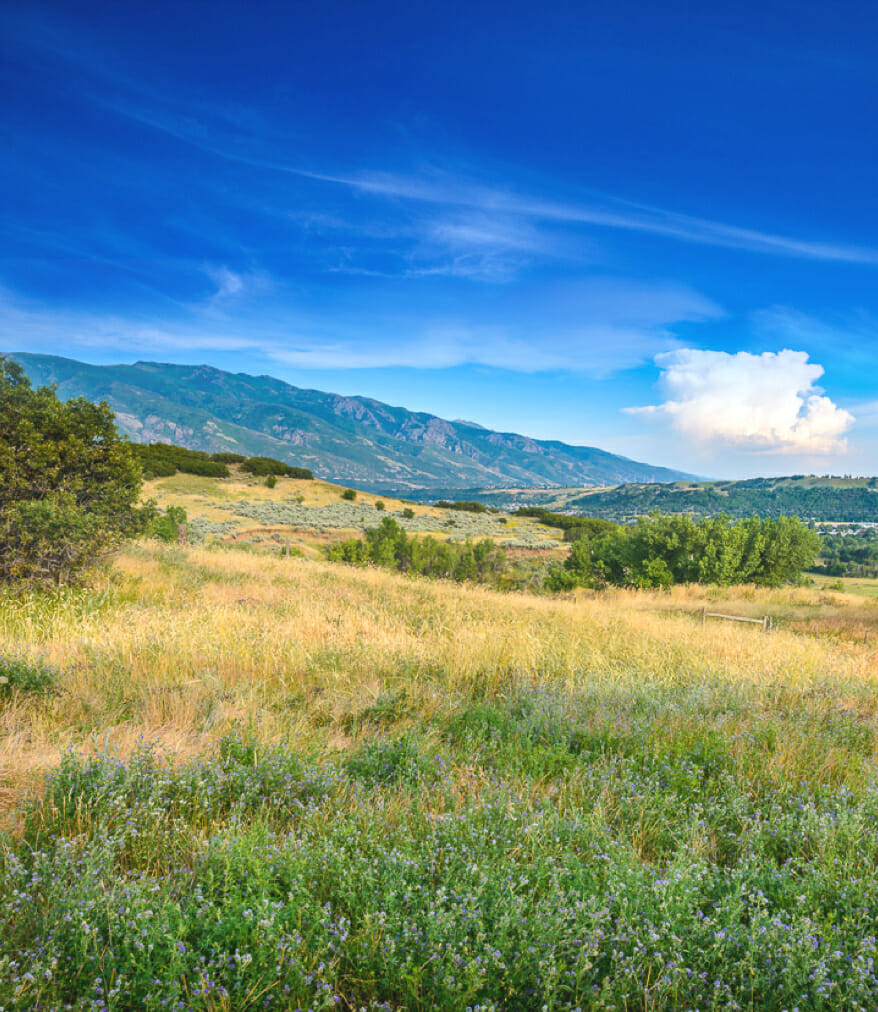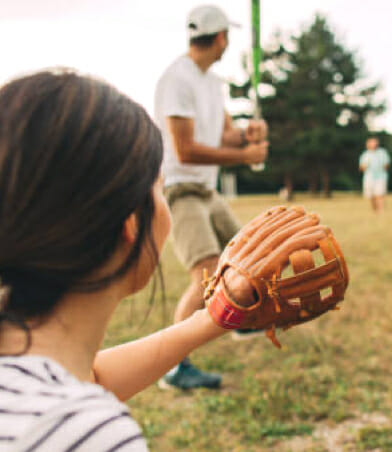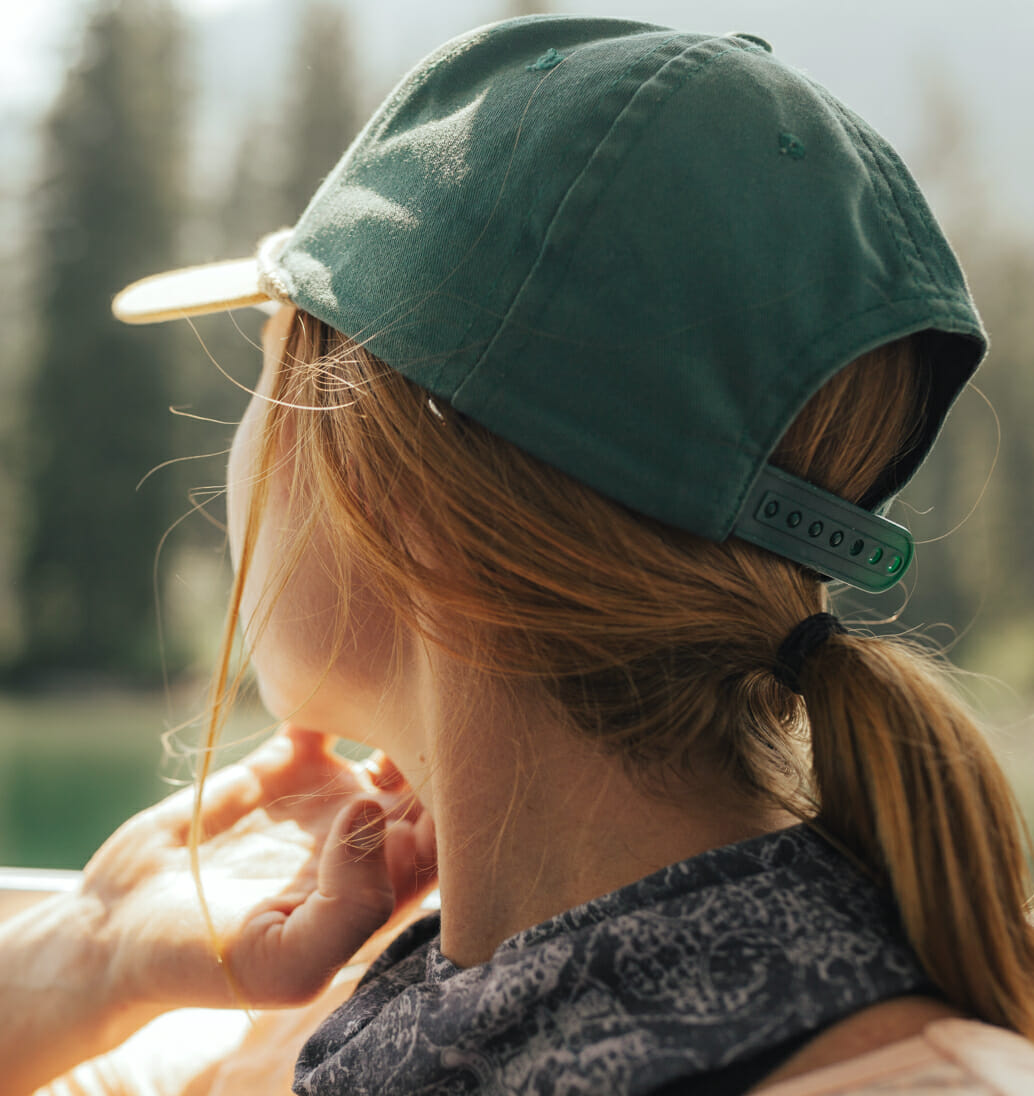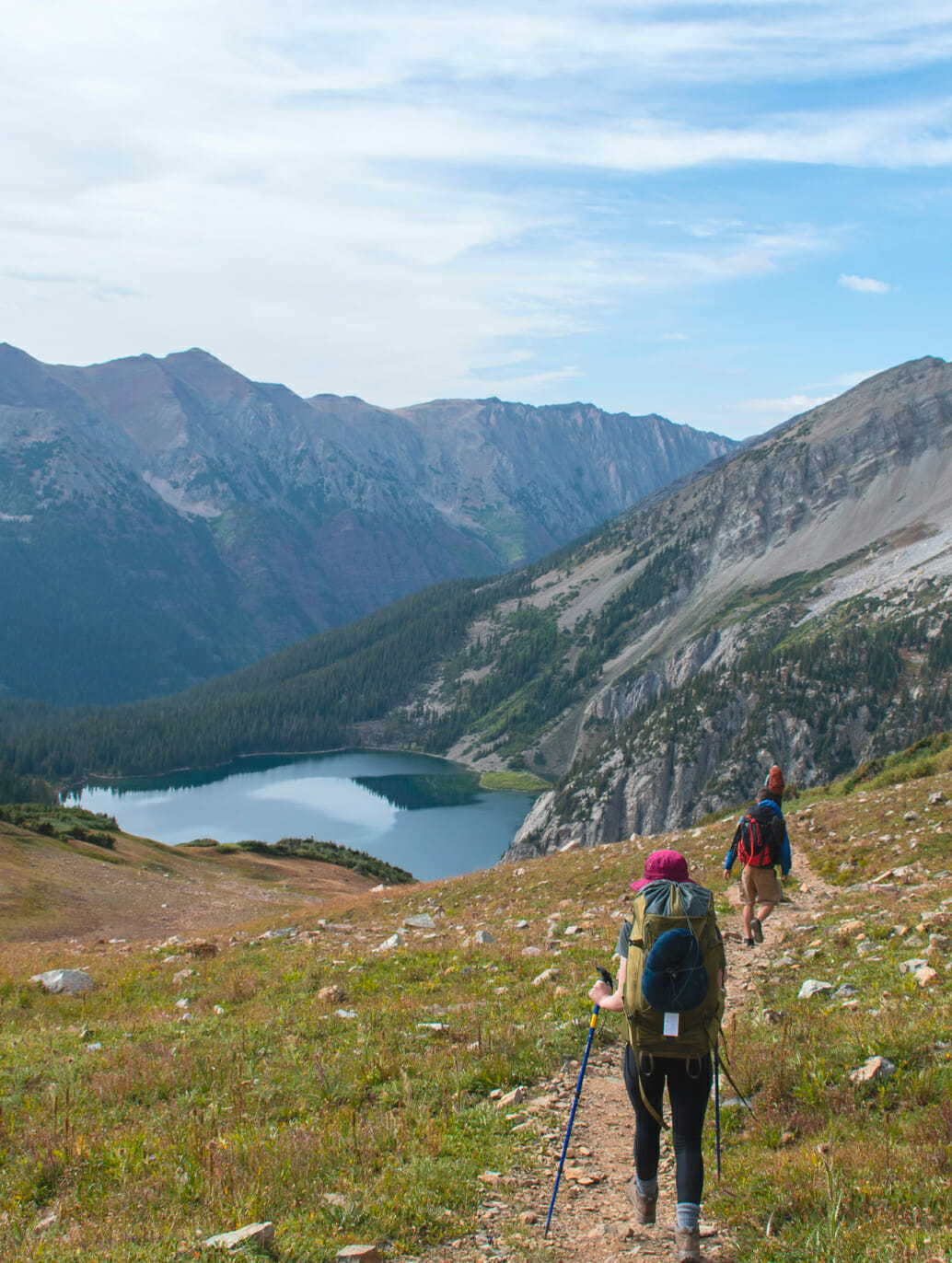Plato once said, “You can learn more about a person in an hour of play than you can in a lifetime of conversation”. It is on this foundation that Recreation Therapy was built. Recreation and leisure are often the times in life when ones true character shows; how well does someone deal with adversity? How do they interact with others? How do they connect with the world at large? All of these questions and more can be answered through Recreation Therapy.
Recreation Therapy is a systematic process of assessment, planning, implementation, and evaluation through the lens of therapeutic outcomes. It begins and ends with the individual participant in mind. What strengths do they possess? What barriers do they experience? What goals do they have for their future well-being?
A licensed and certified Therapeutic Recreation Specialist (TRS) guides the participant through a prescribed intervention in order to help the individual gain the most insight and find the healing elements of the intervention. Through carefully applied processing techniques the value of the intervention is revealed.
While every human being is capable of having “fun”, it is the deliberate nature of Rec Therapy that turns “fun and games” in to “growth and learning”.
At Brighton Recovery Center we believe in the phrase “involve me and I will learn”, it is part of our mission statement and a corner stone to all the treatment we provide. This spirit is clearly embodied by the Recreation Therapy program. The theoretic foundations of the program are illustrated in every activity the individuals we serve participate in.










